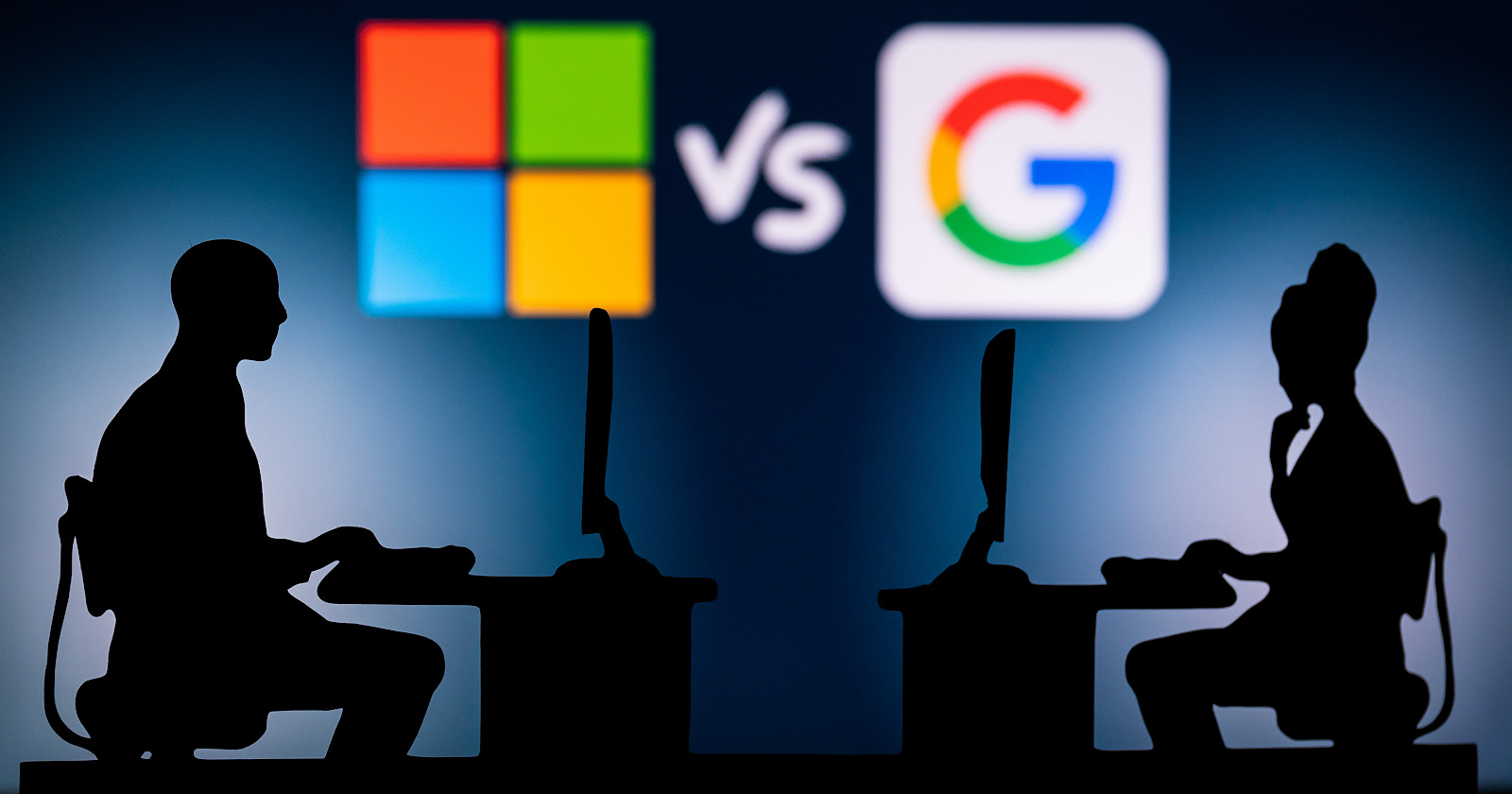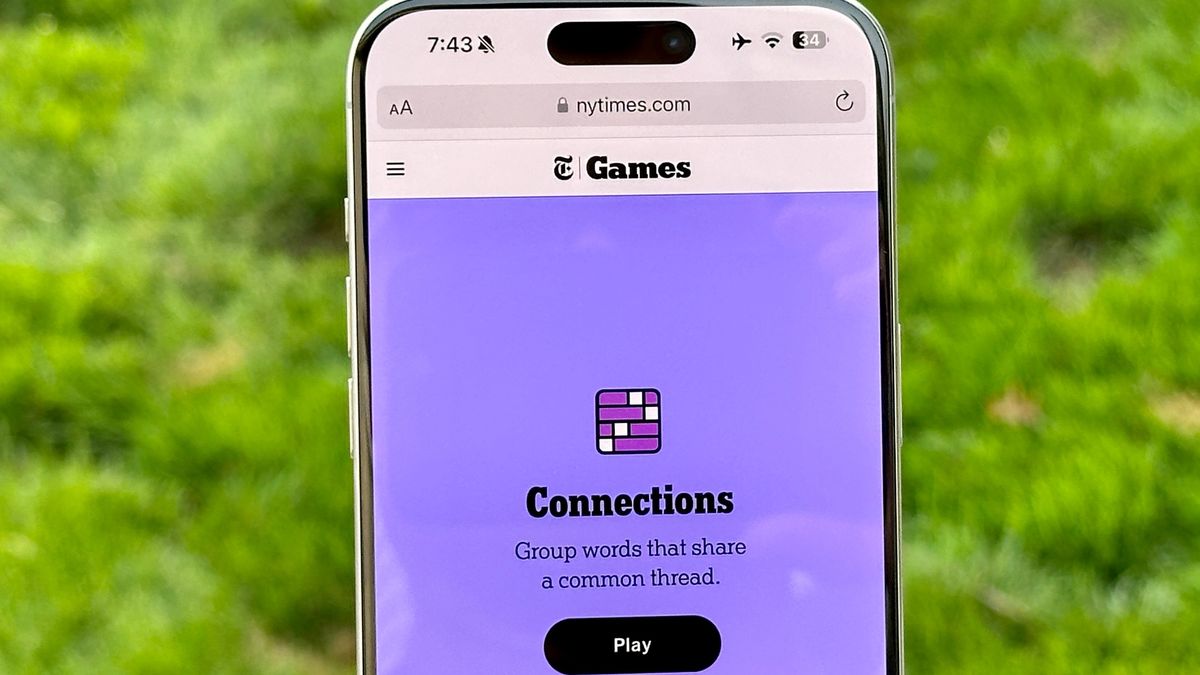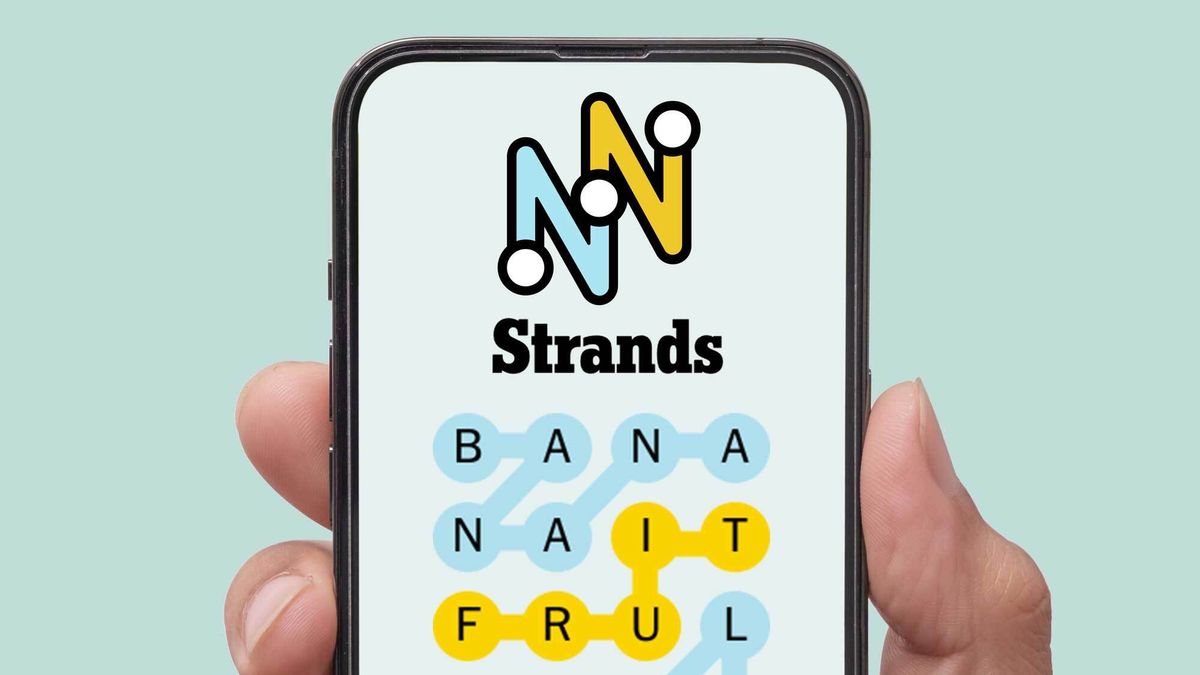If you’ve been scrolling endlessly on TikTok lately, you might want to pay attention: the platform’s future in the United States is looking uncertain, thanks to new requirements pushing ByteDance to sell its American operations. Amid heightened concerns over TikTok user data security, a US federal appeals court recently upheld a law that may force the Chinese-owned company to divest, potentially limiting American access (TikTok Ban) to one of the world’s most popular short-video apps.
Why the TikTok Ban Is Gaining Momentum
For several years, officials have worried that the Chinese government could tap into TikTok’s vast treasure trove of personal information. The argument goes like this: a foreign adversary could leverage massive user data to influence narratives or serve subtle political propaganda directly into our feeds. While TikTok’s parent company, ByteDance, has repeatedly denied any wrongdoing, these concerns have sparked a series of legal moves culminating in the current showdown. As a result, the divestment law places a clock on TikTok’s future, pressuring the company to comply—or risk being sidelined.
Read Also: TikTok US deal: ByteDance opts Oracle over Microsoft as its tech partner
What the Court Ruling Means
The federal appeals court’s panel unanimously upheld the law requiring ByteDance to sell its US operations. Government lawyers argue this measure is about safeguarding American interests, not silencing free speech. According to them, it’s a preemptive strike against a potential national security threat. The Department of Justice has framed it as a pivotal step to prevent covert manipulation and ensure that foreign adversaries, like China, do not gain unfettered access to Americans’ personal and behavioural data.
Potential Outcomes for Users
If ByteDance refuses to divest, the short-video app familiar to millions could face a nationwide ban. However, TikTok plans to take its case to the Supreme Court, seeking to delay or overturn the directive. Should TikTok lose the legal battle, the company might opt to sell its US operations to a trusted American entity, allowing the app’s countless creators and consumers to continue making and watching their signature bite-sized clips. Until then, uncertainty reigns, leaving the door open for last-minute negotiations, appeals, and even political deal-making.
Read Also: What is Xiaomi Mi Air Charge technology and how does it work?
International Perspectives and Reactions
From the Chinese Embassy’s perspective, the forced divestment looks like an aggressive business grab, warning that such manoeuvres might undermine trust and bilateral relations. On the other side, US lawmakers have presented this as a matter of due diligence—an action that ensures American digital spaces remain free from foreign interference. Meanwhile, users remain caught in the crossfire, trying to guess whether their favourite lip-sync videos and trending dance challenges will vanish from their screens.
What can it finally be?
This whole saga feels like a high-stakes chess match between global superpowers, with users serving as pawns. While legitimate security concerns deserve action, the biggest casualty might be the creative freedom and cultural exchange that TikTok facilitates across borders.

![Online Shopping Reached New Highs in 2024 [Infographic]](https://imgproxy.divecdn.com/kCw9rTPPHoCqXkkL4Bt8p7eohxOuRs6iXsDK03Fxr_8/g:ce/rs:fit:770:435/Z3M6Ly9kaXZlc2l0ZS1zdG9yYWdlL2RpdmVpbWFnZS9vbmxpbmVfc2hvcHBpbmdfc3VyZ2UyLnBuZw==.webp)

















)
 English (US) ·
English (US) ·